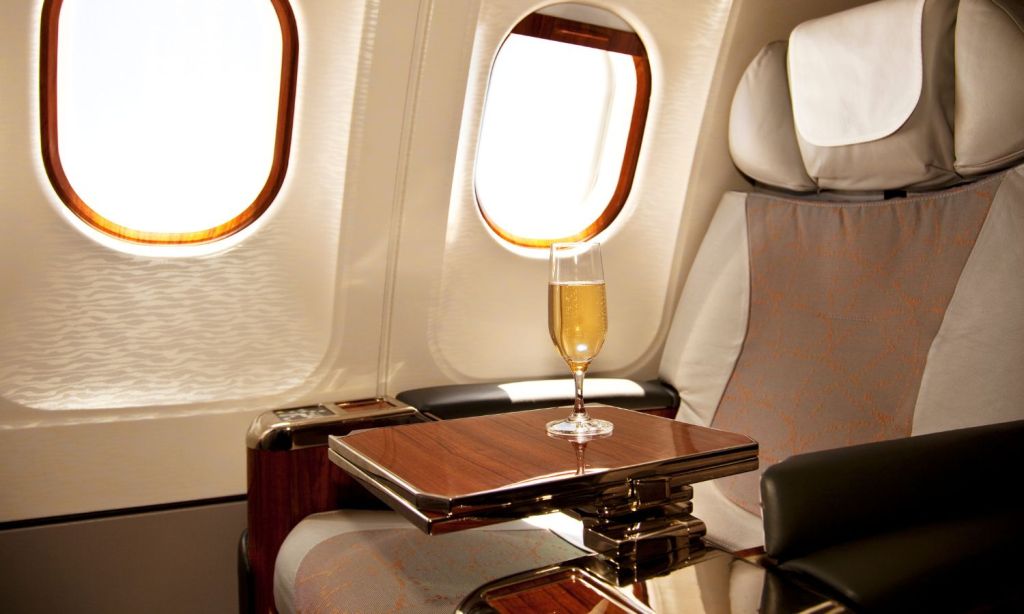While Australians love to collect points, most don’t know what to do with them, says Steve Hui, points expert and founder of iFLYflat. They don’t know how many points they need to get to a certain destination, so they don’t have a plan in place to collect a specific amount for a flight.
“I would say they love the thrill of the chase, but because they don’t know how to spend their points wisely, are unknowingly missing out on getting lots of rewards,” says Hui. “They’re splashing out of frustration or boredom, and redeeming points on random items so they get the feeling they’re getting something out of their points.”
Hui notes that it’s important you don’t let your points expire as you’ll have to start all over. Though it’s extremely easy to not let this happen — all you need is one transaction every 18 months with Qantas and 24 months with Velocity. That doesn’t necessarily have to be through flying either — each airline has hundreds of partners that’ll let you earn points while on the grounds.
Related: Easy Ways to Earn Airline Points Just By Living
Related: Status Credits Vs FF Points — Which Will Better Help You Weasel Your Way into Business?
“Having a points-earning credit card is one of the easiest ways to earn,” says Hui. “Other easy ways are through the Qantas Wellbeing app that tracks your steps and gives you a few points every day that’ll help you keep your account alive. If you have a car, 7-Eleven is a partner with Velocity while BP is partnered with Qantas – both of which will give you points for every fuel tank or even if you buy something from the servo shop.”
“Supermarket-wise, Coles via Flybuys is partnered with Velocity, and Woolworths is partnered with Qantas. So, there are very easy everyday ways to earn points to always prevent your points from expiry.”
So, once you’ve accumulated points, what should you spend them on? According to Hui, the best way to spend points is on Business Class tickets. They’re the best value you can get for your points because the points price for Business Class is set based on distance rather than on market prices.
“Right now, we know that flying anywhere is very expensive due to supply and demand driving up the prices, but when flying on points, airlines are still charging the same number of points to fly to Europe as before the pandemic,” Hui says.
As an example, Qantas Classic points flights are still 318,000 Qantas points for a return Business Class flight from Sydney to Europe, even though the same cash ticket has jumped from $8,500 to $15,000. Though that said, Hui notes that during this period of high airfares, there is also value in using points to fly Economy — because the points required to fly have not changed, but the cash airfares has doubled in some cases.
Upgrades can also be good value – but only if you can get them, says Hui. Not everyone who wants an upgrade will get it, as there are only a handful of upgrades available on each flight, versus a plane-load of people who want one.
“The airline allocates the upgrades and they decide whether you will get upgraded based on a number of factors and an algorithm that takes into your airline loyalty status, your ticket class and price and other factors,” says Hui.
If you are definitely set on flying Business Class, Hui recommends you look to spend about 10% to 15% more points and book an outright points Business Class reward seat. That way, once booked, it’s a confirmed Business Class seat and you don’t have to play the upgrade game of chance.
As for the worst value for points, Hui says it’s airlines’ e-stores and gift vouchers. Using points these ways give you a fixed value of about 1 point for 0.5 cents, which he says is low value as compared to getting 1 cent value per point when using them for Economy reward flights or over 3 cents value per point when redeeming them for a Business Class reward flight.
Read more stories from The Latch and subscribe to our email newsletter.







